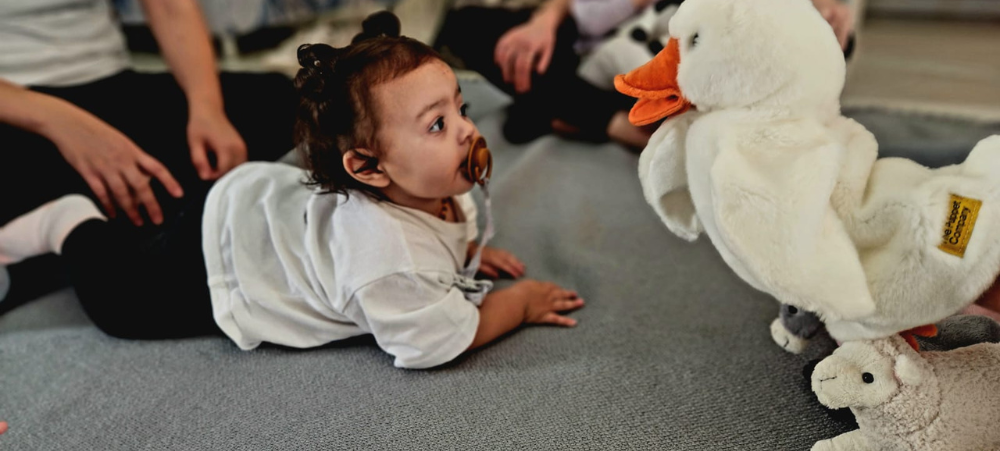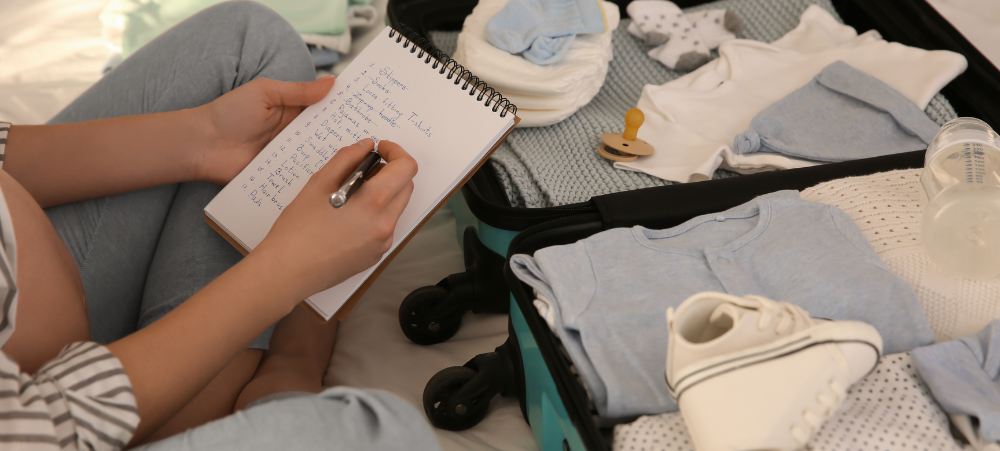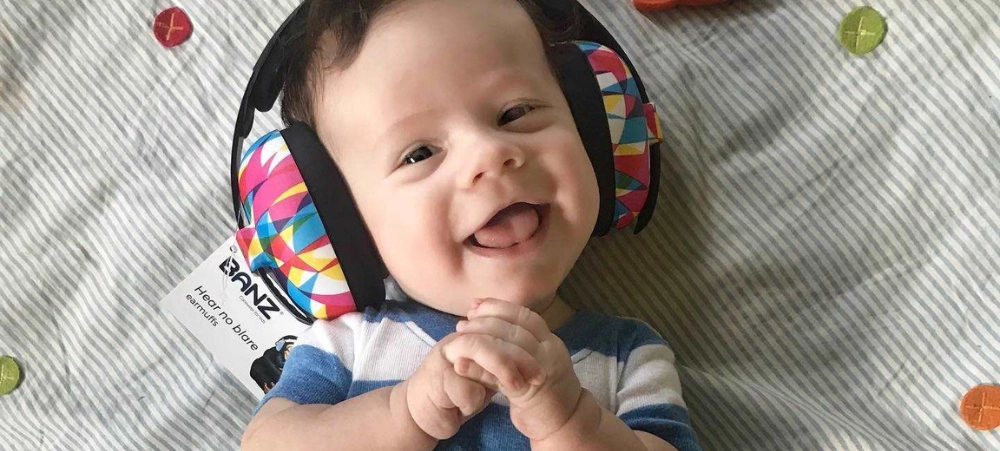Are you tired of playing the skincare guessing game where one day you’re slathering on a ‘miracle elixir’ and the next you’re puzzling over why your skin is itchy and dry? Drawing on 70 years of experience, E45 knows the real secrets to healthier, stronger skin. Here’s what your skin really needs. 1. Cleanse Gently We all want that clean, fresh feeling, but scrubbing your skin like it’s a casserole dish causes more harm than good. Harsh surfactants in many cleansers can double the trouble, breaking down skin proteins and lipids,1a leading to after-wash tightness, dryness, barrier damage, irritation, and even itch.1b The E45 Face Foaming Cleanser2 for everyday use is dermatologically testedand gentle on skin. Designed specifically for facial care, it’s perfect for dry, sensitive skin and even suitable for those prone to conditions like eczema and dermatitis.2 2. Don’t Skip Moisturising Your skin acts as a barrier, protecting against dryness, irritation, and infection.3a When that barrier’s damaged, moisture escapes.3b This can lead to issues like eczema and chronic skin conditions.3c Moisturisers help by restoring the skin barrier, locking in moisture, and replacing lost lipids.3d They also smooth fine lines and leave skin soft, calm, and healthy-looking.3e E45 Daily Lotion4 absorbs quickly, is free from added colours and fragrances, and delivers hydration that’s perfect for dry, sensitive skin – ideal for everyday use.Dermatologist-tested and enriched with glycerine, it keeps your skin soft and moisturised.4 3. Treat Dryness Dry skin can change your skin’s texture, turning it from soft and smooth to rough and uneven.5a It may feel itchy or even appear dull or slightly discoloured.5b Sometimes it shows up in small patches, but it can also affect larger areas, making your skin feel uncomfortable and more prone to irritation.5c If dryness is getting under your skin turn to E45 Cream’s6 emollient formula which soothes and supports conditions like ichthyosis, dermatitis, eczema, psoriasis, and even burns, especially around joints where dryness can restrict movement.6 4. Support Your Skin Barrier The skin barrier is a whole system made up of different protective roles, most of which take place in the outer layer of your skin.7a This barrier helps lock in moisture, defends against bacteria and allergens, shields you from UV damage, and reduces oxidative stress.7b When your skin’s barrier is in good shape, everything just works better. Your skin feels smooth, stretchy, and strong – it quietly sheds old cells, moves with you without cracking, and stays comfortable without feeling tight or fragile.7c E45 Hydrating Face Serum8 delivers, deep lasting hydration. An ideal moisturiser, it repairs the skin barrier, locks in moisture, and keeps skin healthy. It also supports collagen and elastin, maintaining their structure for smoother, and glowing skin. This serum also features microalgae and seawater for enhanced hydration, elasticity, and texture.8 5. Always Protect In The Daytime UVA and UVB rays may affect the skin in different ways, but both can do real damage.9a Without protection, they can harm the DNA in your skin cells, leading to mutations that increase the risk of skin cancer9b. The E45 Daily Protect Moisturiser10 delivers lasting hydration while fending off dryness.With SPF 30 and UVA/UVB filters, it’s your shield against sun damage and harsh environmental factors.Fast absorbing,it’s suitable for eczema-prone and atopic skin, and enriched with Vitamin E. E45 Daily Protect Moisturiser repairs and strengthens the skin barrier, keeping flakiness at bay.10 6. Make your night routine work harder Sleep is vital for your whole body and that includes your skin.11a At night, your skin shifts into repair mode, working to fix damage and rebuild cells.11b Replenish, hydrate, and soften your skin overnight with E45 Face Night Cream12. Enriched with Vitamin E, this restorative cream provides hydration after just one application and helps repair the skin barrier while you sleep. Packed with nourishing ingredients like Vitamin E, and dermatologically tested for sensitive skin, it also contains a of Macadamia Oil and Shea Butter to soothe dry skin.12 7. Be kind to sensitive skin Sensitive skin reacts more easily to things like products, weather, or stress.13a It often shows up as redness, itching, or a stinging feeling.13b E45 Moisturising Lotion14 is a light, fragrance-free formula suitable for your body, face, and hands.Clinically proven to soothe roughness, reduce redness, and minimise scaling and flaking.14 8. Keep Your Skincare Light When It Needs To Be E45 Rich 24hr Lotion15 offers long-lasting, deep hydration for dry and sensitive skin. Formulated with Evening Primrose Oil, it locks in moisture, leaving your skin soft and nourished all day. This fast-absorbing lotion is free from added colours and fragrances, making it gentle and suitable for everyday use.15 9. Don’t Forget The Small Stuff Lips don’t have oil glands, so they dry out and get chapped much more easily.16a They also get a lot of sun exposure, which makes them a common spot for sun damage and even skin cancers.16b Meet your go-to balm for chapped lips and dry rough areas. The E45 Lips & Dry Skin Balm17 provides targeted hydration, softening and nourishing dry, chapped lips and small dry skin areas. Suitable for use on your body, face, and hands, it’s perfect for the whole family. Enriched with highly lanolin, Vitamin E, and Beeswax, it helps lips and skin regenerate, leaving them smooth and comfortable.17 10. Keep IT SIMPLE. KEEP IT CONSISTENT. The biggest secret to healthy-looking skin? Doing the basics – and doing them regularly. It’s not about chasing trends or cramming your shelf with products. It’s about finding what works and sticking with it. Cleanse, moisturise, protect, repeat! Final Thoughts Every skin is different – but all skin deserves consistent care that works. E45 keeps it simple, with proven ingredients that heal, protect, and restore. From soothing dryness to strengthening your skin barrier, E45 helps you feel comfortable in your skin, every day. E45 products are suitable for dry, sensitive, and eczema-prone skin. For more information and references, visit E45 and join the conversations on Facebook, YouTube, Tik Tok and Instagram. E45‘s range of products are available




























